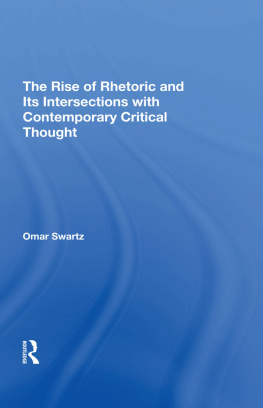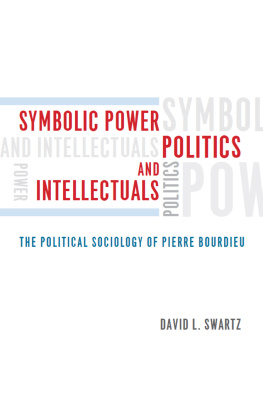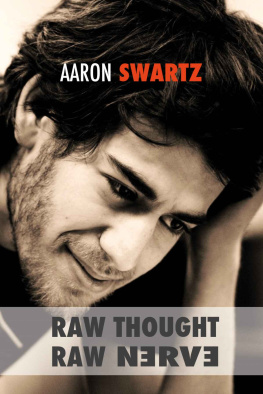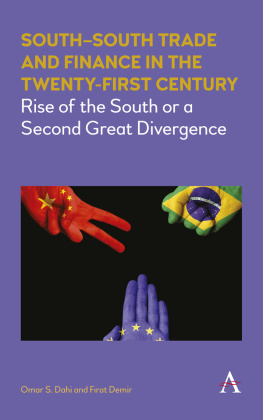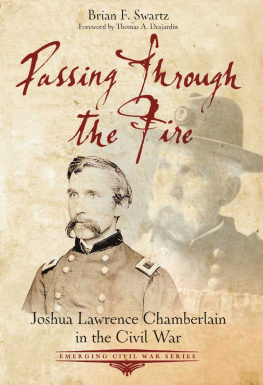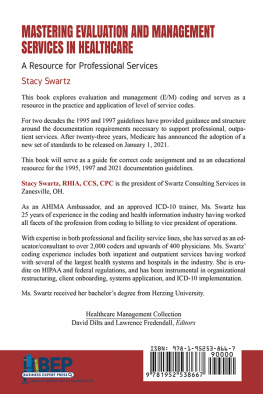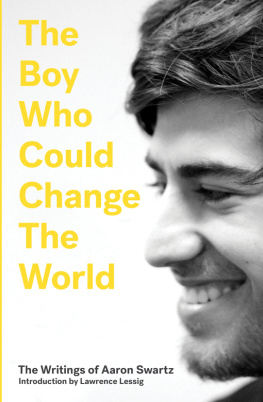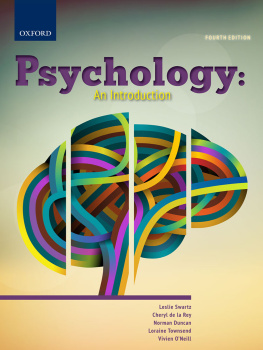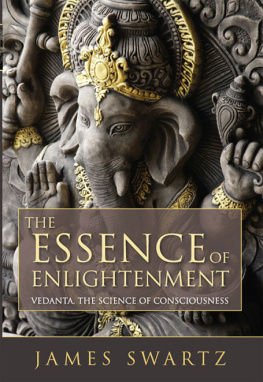Polemics Series
Series Editors
Michael Calvin McGee and Barbara Biesecker
University of Iowa
John M. Sloop
Vanderbilt University
The Rise of Rhetoric and Its Intersections with Contemporary Critical Thought
Omar Swartz
Judgment Calls: Rhetoric, Politics, and Indeterminacy
edited by John M. Sloop and James McDaniel
Without Apology: Andrea Dworkins Art and Politics
Cindy Jenefsky
First published 1998 by Westview Press
Published 2019 by Routledge
52 Vanderbilt Avenue, New York, NY 10017
2 Park Square, Milton Park, Abingdon, Oxon OX14 4RN
Routledge is an imprint of the Taylor & Francis Group, an informa business
Copyright 1998 Taylor & Francis
All rights reserved. No part of this book may be reprinted or reproduced or utilised in any form or by any electronic, mechanical, or other means, now known or hereafter invented, including photocopying and recording, or in any information storage or retrieval system, without permission in writing from the publishers.
Notice
Product or corporate names may be trademarks or registered trademarks, and are used only for identification and explanation without intent to infringe.
Library of Congress Cataloging-in-Publication Data
Swartz, Omar.
The rise of rhetoric and its intersections with contemporary
critical thought / Omar Swartz.
p. cm.(Polemics series)
Includes bibliographical references and index.
1. Rhetoric. 2. Criticism. I. Title. II. Series.
P301.S935 1998
98-13855
808dc21
CIP
ISBN 13: 978-0-367-29557-8 (hbk)
This book is dedicated to my wife, Rui Zhao. Without her love I would have long ago succumbed to my alienation. This book, and my scholarship generally, is an attempt to conquer alienation. All such battles require hope. In other words, they require love. For what is love, if not a hope and a commitment to a life of happiness that continues well into the future.
This book has its roots in three circumstances, two of which derive from my experience teaching a class entitled Persuasion in the Western World. First, in reading student papers and in cultivating class discussion, I am frequently disappointed by the students lack of connection with the subject matter. Time and again I am told that the material is boring and that it is historya subject matter of no consequence to peoples lives today. Only a few students recognize the heuristic nature of rhetoric and see how it can contribute to an understanding of the contemporary world. Furthermore, as survey classes in Western persuasion are frequently offered as lower level, university-wide general education requirements, students often under-appreciate the benefits of the class in relationship to their other humanities course work. As Karl Wallace explains: The student who learns to think rhetorically can hardly miss the relevance of his [sic] formal studies. He sees that rhetoric constitutes a general introduction to the subjects, ideas, values, and rational operations that specialized studies extend and refine.
Second, as a result of my teaching experience, my own appreciation for rhetoric began to change. It is one thing to be a student of rhetoric, which involves mainly reading and writing, but it is another thing altogether to be a teacher of rhetoric; the demands of clarity, simplicity, and communication force the scholar to reengage the material on an entirely different level. More than relating to rhetoric as an intellectual exercise, as so much scholarship urges, I began to recognize, in an applied and pedagogical way, that classical rhetoric helps us to specify what it means for invention to be an intellectual method, a method of thinking. In other words, by teaching the course, I began to see for myself, in a new light, the dimensions of rhetorical theory that I was encouraging my students to see. I realized that I am just as much a student in the class as they are.
Third, I have repeatedly noticed that students as well as the general population of this country are increasingly alienated from the political life of the nation. Professionally, I have always felt a responsibility to speak to this alienation, since a great deal of it is linguistically and In so doing, I have come to see rhetorical thinking as a critical activity. Thus, great effort is extended in this book to situate our discussion of rhetoric squarely in a modern political framework. This is, after all, a book on rhetoric, and even though I will be mainly discussing classical rhetoric, there is no meaningful way to do so without in some sense discussing contemporary rhetorical perspectives. Rhetoric-old and newcan lead to a vital discussion of ourselves and our world because rhetoric is always about people and the possibility for change. Thus, rhetoric is inescapably political.
As the above three sentiments matured, and as the relationship between pedagogy, politics, and my intellectual pursuits became more focused, I was confronted with a rhetorical situation. The form of this situation was a growing professional urgency to unite theory and pedagogy (and to highlight praxis-or a political awareness-in my professional pursuits). This book is a product of this exigence. Under the influence of the above factors-the enforced apathy of my students and my own growing sense of rhetorics practical, pedagogical, and political heuristics, I began a broad survey of primary and secondary source material in the literature of classical rhetoric in order to highlight the contemporary usefulness of the rhetorical tradition. I have come to believe, through the course of my studies and my teaching, that rhetoric is more than a cerebral activity; it is an important dynamis in the creation and perpetuation of human political culture.
In the survey of the literature that I undertook to write this book, I found myself almost immediately overwhelmed by the sheer volume of the material. To make my study more manageable, I limited my focus to the general contours of the rhetorical tradition and reviewed the work of the most prominent historians. My goal was to synthesize what these scholars have written about classical rhetoric and to present that material in such a way as to have its greatest appeal. In so doing, I have woven together what I hope others find to be an interesting narrative. However, the story told here about where we came from as a culture and what that means for us today in our modern communication environment says as much about who I am as a person and as a teacher as it does about history and rhetoric itself. My biases and assumptions should be clear as readers proceed through this book.
The intended audience for this book is diverse. First and foremost, it is a scholarly treatise designed to illustrate the feasibility of merging a left critical politics with scholarship: in a fundamental sense, it is my attempt to broaden the boundaries of disciplinary thought. As this is a crossover book, it should appeal to scholars in communication studies as well as in departments of English.
Second, and perhaps more importantly, this book is an attempt to share a rhetorical and critical scholarship with a wider audience of non-disciplinary readers. Students in particular, as well as activists and intellectuals outside of the academy, should find this book stimulating and useful in challenging their positions as spectators in a late twentieth/early twenty-first century U.S. political environment.

